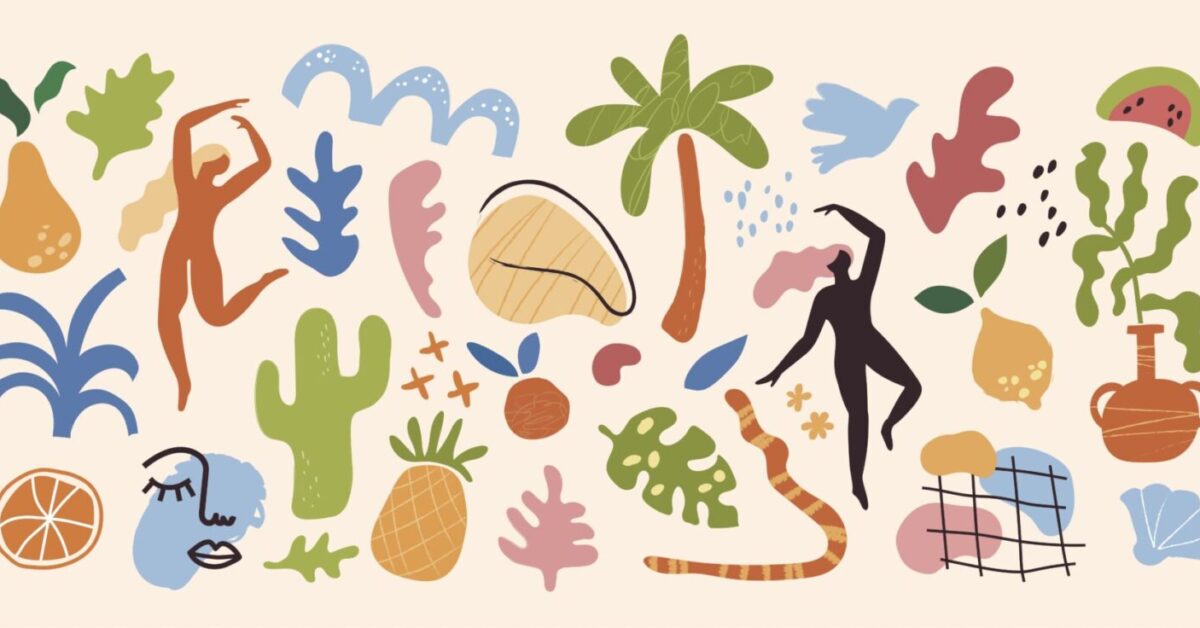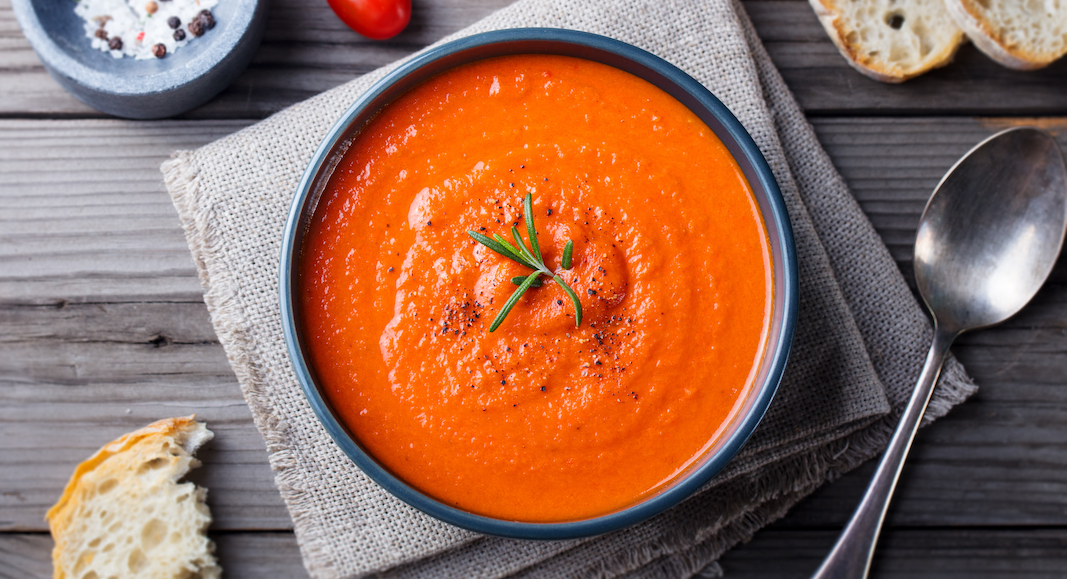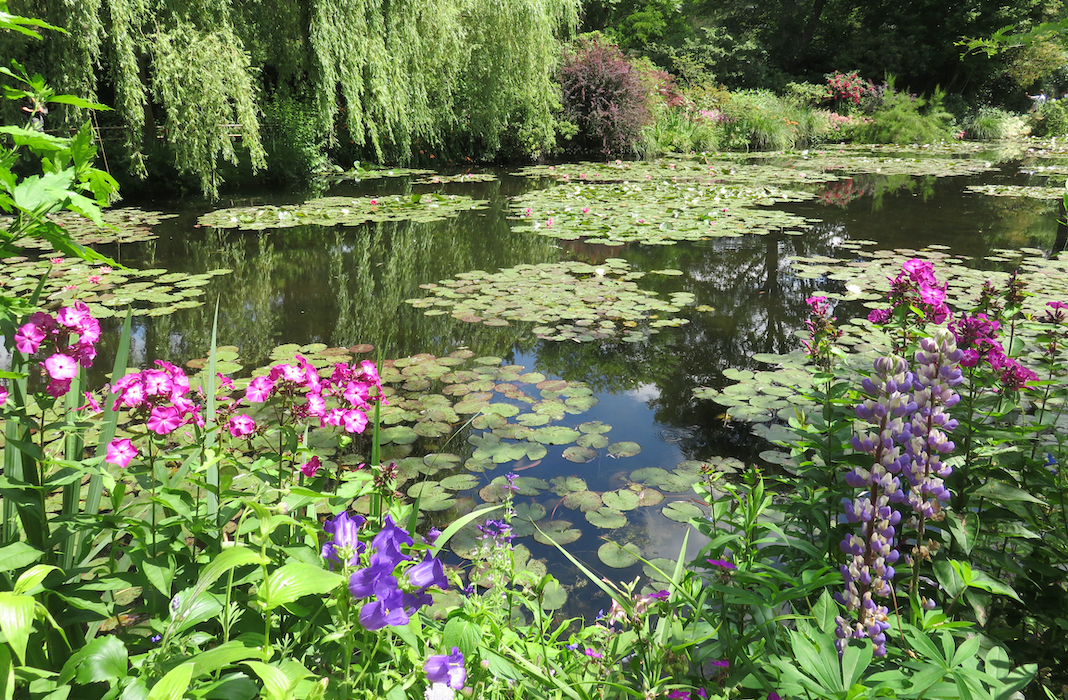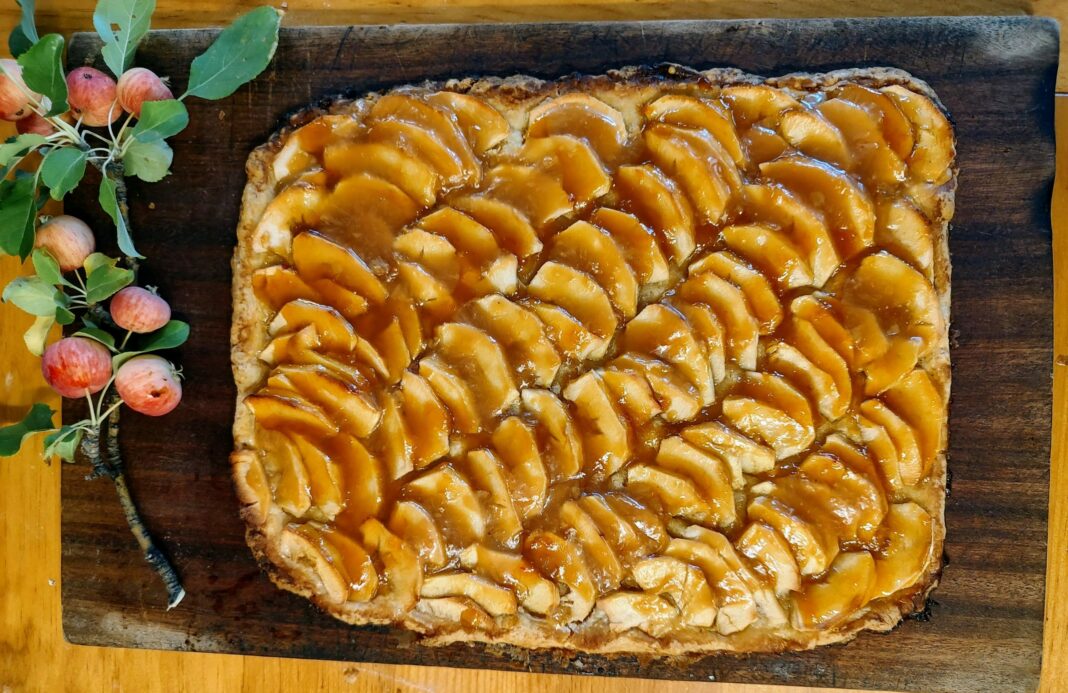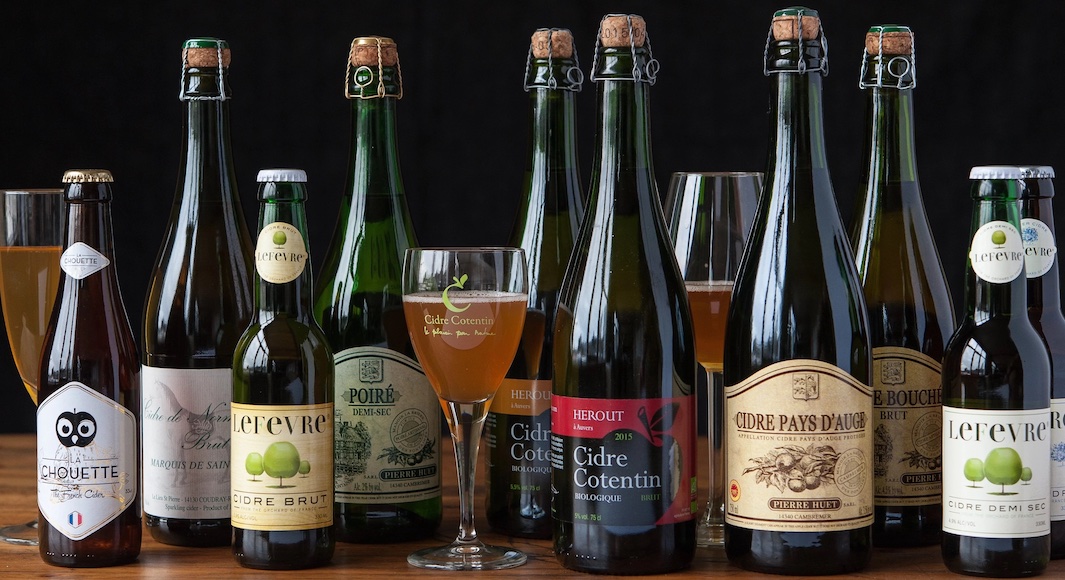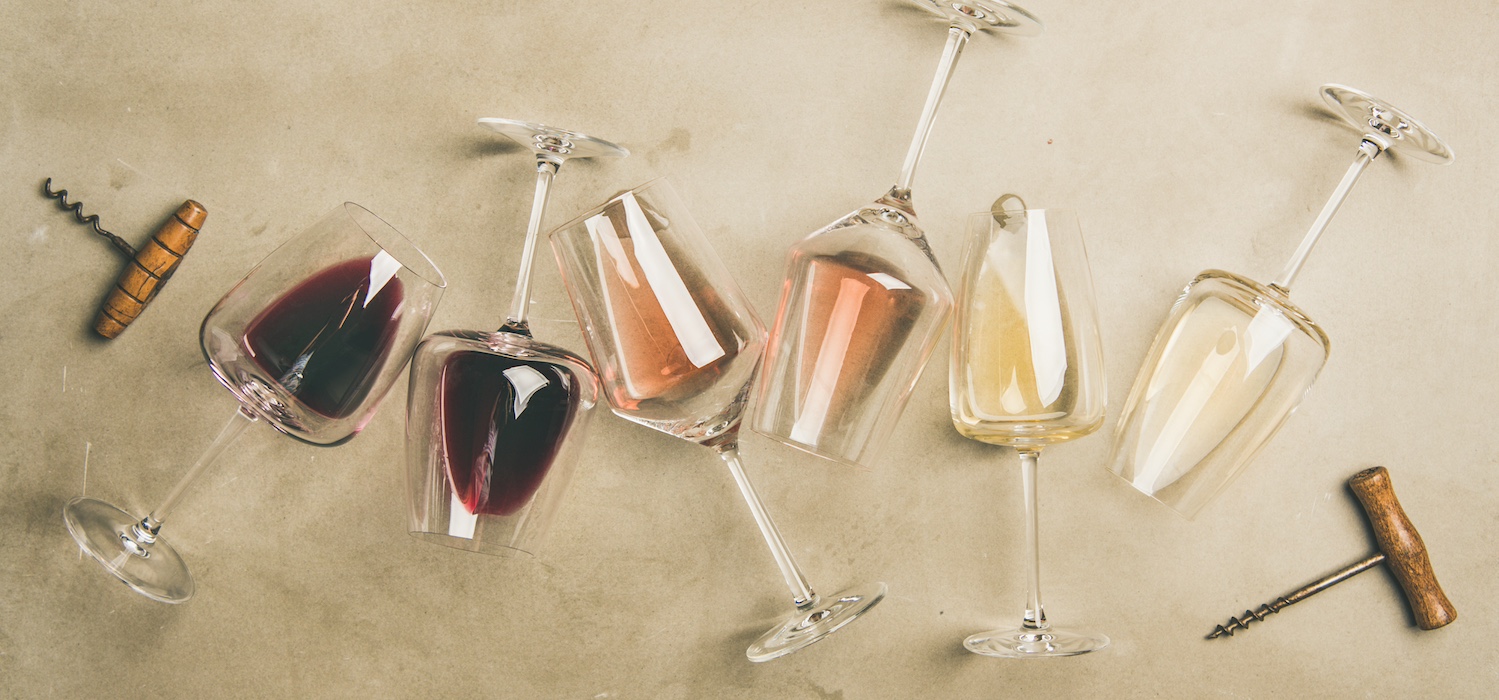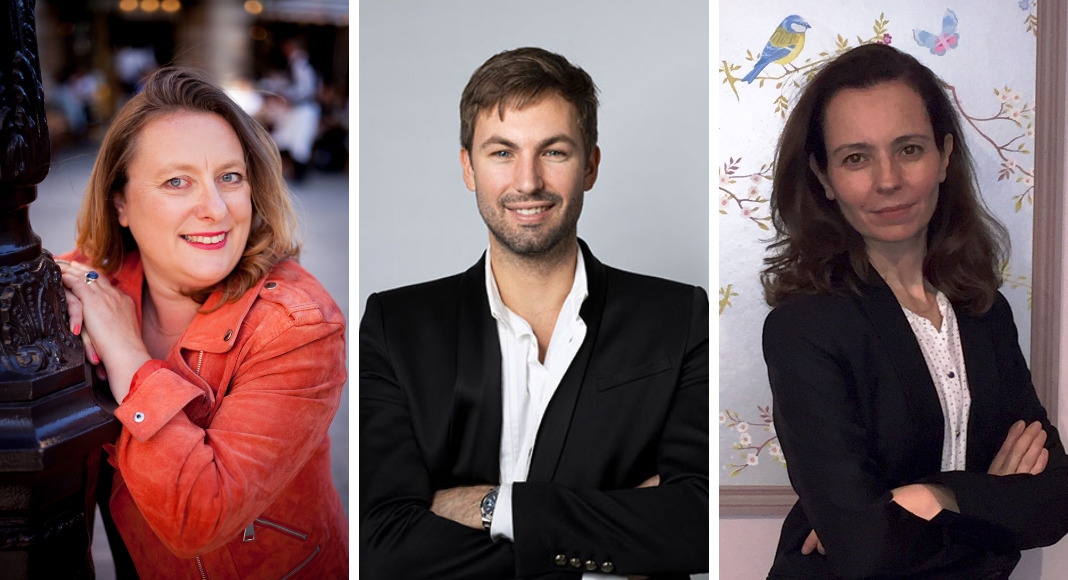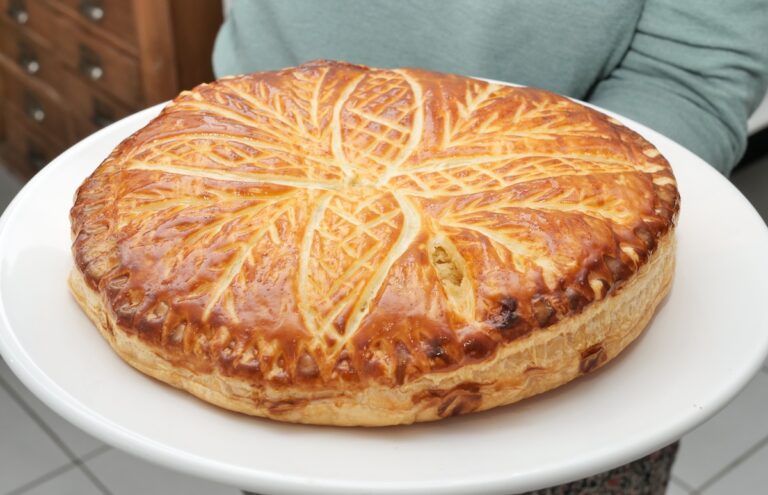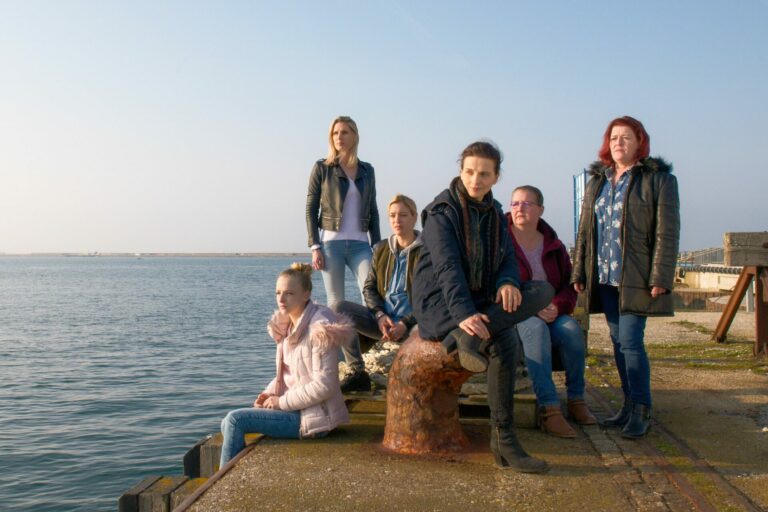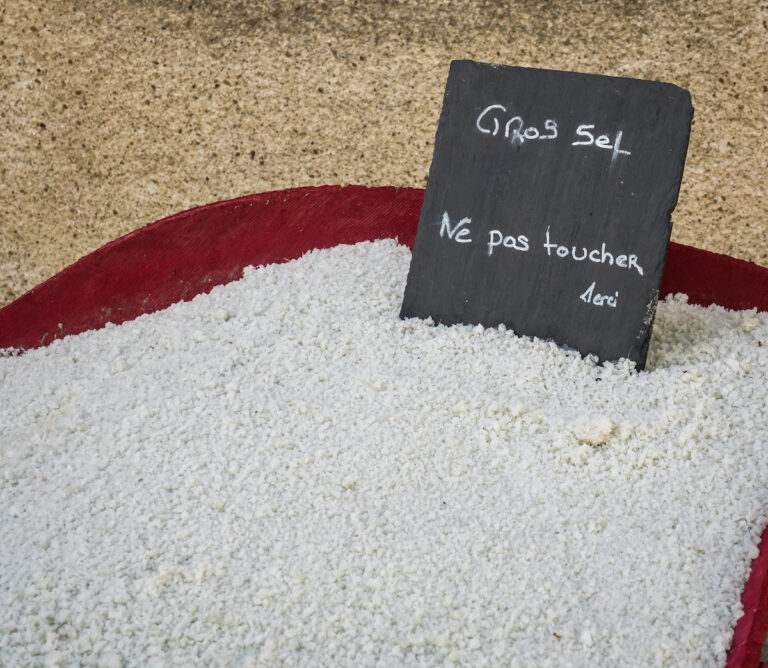November 03, 2023
Dear Frenchly Readers,
In her book, The Matisse Stories, published in 1993, the writer A.S. Byatt wrote a line I’ve never forgotten: “Matisse was cunning and complex and violent and controlled and he knew he had to know exactly what he was doing. He knew the most shocking thing he could tell people about the purpose of his art was that it was designed to please and be comfortable. That sentence of his about the armchair is one of the most wickedly provocative things that has ever been said about painting. You can daub the whole of the Centre Pompidou with manure from top to bottom and you will never shock as many people as Matisse did by saying art was like an armchair.”
What Matisse actually said was, “What I dream of, is an art of balance, of purity, of quietness, without any disturbing subjects, without worry, which may be, for everyone who works with the mind, for the businessman as much as for the literary artist, something soothing, something to calm the brain, something analogous to a good armchair which relaxes him from his bodily weariness…”
I have thought about that passage of Byatt’s book so much in my life. It may have been many years later that I actually read her book, but I do remember going to the Centre Pompidou to see a retrospective of Matisse’s work shortly after I learned that my parents were separating. I was 18. And I remember his painting “The Conversation,” where a man and a woman in their pajamas stare at each other with pained expressions inside a blue room, not speaking. Outside the window is a lush garden. I remember thinking it was such a lonely, sad painting, nothing light or redemptive about it; there was no hope in that blue room. I later used that painting as the cover of my first book, Fault Lines.
But the convenient and pop culture idea of Matisse being playful, or making work only about joy, changed for me when I read Byatt’s line and when I thought about that show at the Pompidou.
Henri Matisse was born in 1869 in Northern France on New Year’s Eve. He became an artist when he was twenty, and, recovering from appendicitis, his mother bought him some paints and canvasses, and he discovered “a kind of paradise” making art. His 1904 painting, “Lux, Calme et Volupté” is considered the start of Fauvism. The painting takes its title from one of Baudelaire’s poems, “Invitation to the Voyage,” which tried to imagine retreating to a place of imaginary tranquility, a refuge, if even just in the mind.
In Matisse’s painting, women are naked near the water. One senses that they have been swimming and now are drying off in the sun, languidly peaceful and comfortable, with nothing at all to worry or hurry them. Five years later, he came back to this theme, but with a wilder, cubist work, called “Four Bathers by the River.” In this work, a snake appears, almost like an erect phallus, bisecting a dark panel in the middle of the painting. Dark, heavy, black outlines the female figures. There is a malevolence that intrudes, an approaching evil. Things that cannot be said out loud, but are felt, on a cellular level. I think we all can relate to that painting right now.
And, again, we get back to the armchair question. Is that painting comfortable?
In 1939, Matisse was diagnosed with abdominal cancer and had a surgery that left him wheelchair bound. He started making his famous cutouts at that time. He moved from Nice to the hilltop town of Vence, France, for five years, where he worked on some of his most famous cutouts, making enormous leaves, birds, fish, circuses, and theaters. But even in whimsy, there was often a hint of joy in the face of sadness, or despair. (His son, Pierre, was helping to evacuate Jewish artists during the Second World War to America.)
And I think that is why I think of Matisse today. My heart feels so full of chaos from the events of the world. I wake up and feel like I’ve been sleeping in a tempest every night. And yet, joy, unbridled and lovely, creeps up in the corners of life, and we must let it in: a fish, a leaf, a dancing body, a small golden sun.
Art may be an armchair to some. But not in the enveloping, silencing way. Perhaps, instead, it allows us to feel safe enough in ourselves, that when we see a Matisse, for instance, we can feel pain and joy at once, beauty and darkness at once, and instead of being silenced or passively mollified, instead we feel we are alive.
À cuisiner, boire, regarder et lire ce weekend:
Fall is upon us in earnest and though we are now past Halloween, we are about to dive into holidays and shorter days. Many of us have a hard time with the darkness. I know I do—November and March are my least favorite months. I have been teaching myself to make gluten free baguettes with buckwheat flour, and trying to get outside when it is light, even if only for 30 minutes. At a book event this week, I ate an amazing roasted tomato soup that tasted like pizza in a bowl, sans carbs. I am going to try to recreate it at home.
I did read an interesting piece this week about how the Catacombs in Paris are at risk of being shut down. Which reminded me, though unrelated, of an interesting piece on Frenchly a writer named Sophie Dodd wrote for me a little over a year ago about walking tours that focus on Paris’ Black History. And I love this piece on our homepage about Monet’s gardens at Giverny.
Thanksgiving is coming. And that means you need to start stocking up your French bar for holiday cocktails. Here are some ideas. And French and affordable wines that will get you through. And…Thanksgiving. Here’s an idea for how to do it, French style, by saying, “au revoir.”
Oh, and one more thing: When I was putting my old copy of The Matisse Stories away, I found an inscription inside from the mother of an old boyfriend, long gone, but not forgotten. She wrote, “Dear Caitlin: Lots of love for Christmas, 1995. Thank you for introducing me to the short story.” A mystery solved.
Take care. Stay in the light. Look at art.
À bientôt,
PS: If you like these Le Weekends, please forward them. Frenchly is growing and improving and we want as many people to know about our writers and interesting subjects as possible!
Did you get forwarded this email? Sign up here on our homepage at the sign-up widget to receive this newsletter every Friday in your inbox. I’ll give you news, films, recipes, books, stories and more every Friday afternoon to help you plan and enjoy your weekend! All for free!
If Le Weekend is going in your junk or spam or promotions box, please add us to your contacts by clicking on the address and hitting “add contact” or by dragging “Le Weekend” into your regular inbox, so you don’t have to hunt for it each week.
If you have missed any of my Le Weekends or are new to this newsletter (or just want to go find a TV show, podcast, singer, movie or recipe I once mentioned) they are all here on Frenchly.us.
Come find us on Twitter, Instagram, or Facebook.
And to advertise with us, contact our great sales team here.

